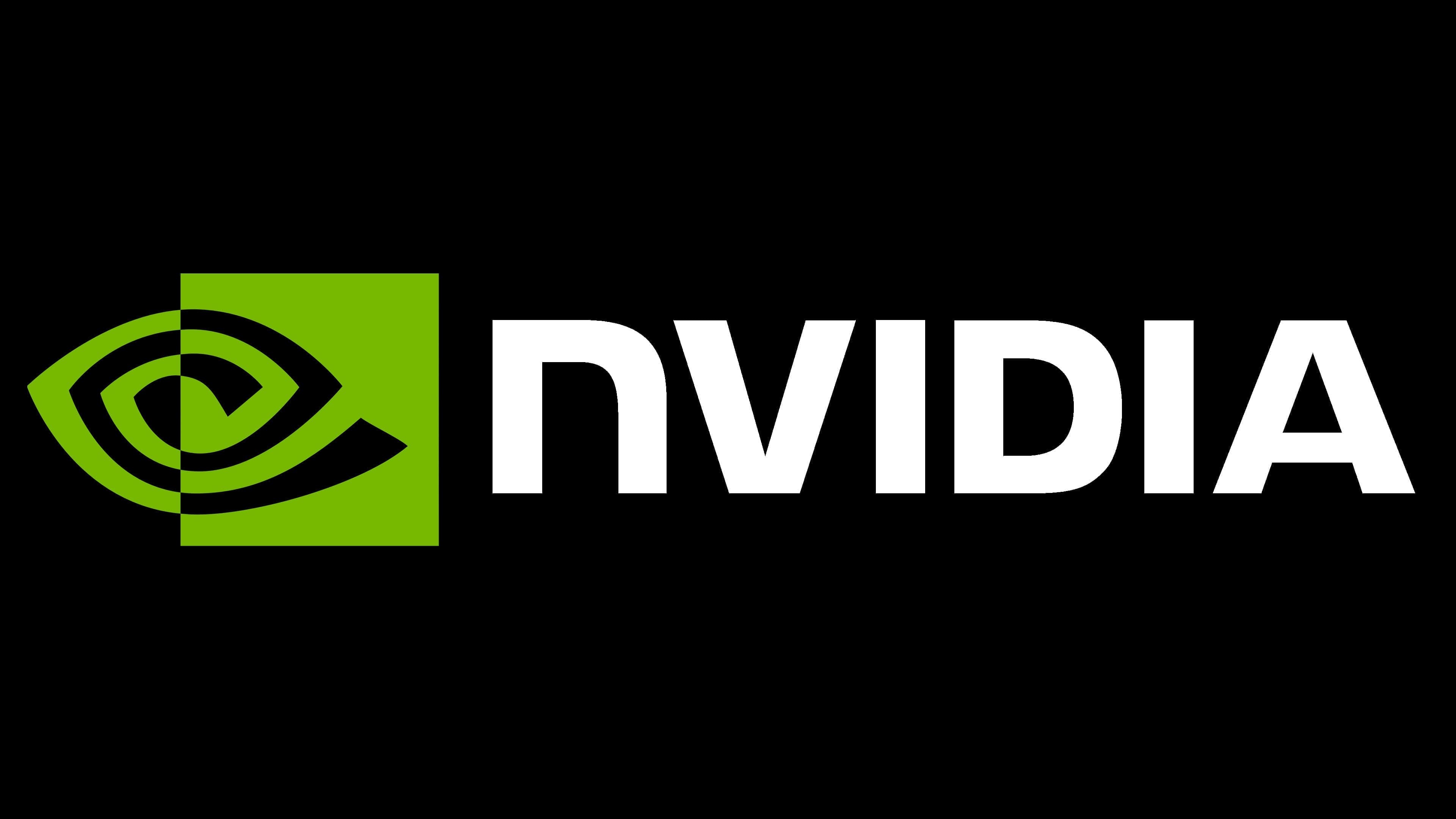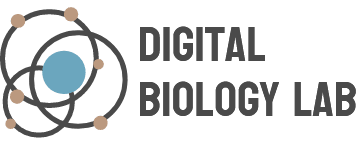Decode
Design
Discover
Smarter, Not Harder
One-stop-shop platform to handle in-silico design process.
ProGene AI Platform
One-Stop-Shop AI Platform for protein design
- •A flexible and comprehensive generative AI framework covering all design steps in one place
Automate In-Silico Pipeline
- •Streamlined fully automated in-silico pipelines with zero coding knowledge.
Faster and cheaper protein design
- •Augments human expertise for accelerated design with reduced failure rates and rapid iteration for refinements
ProGene Purpose
Why we wake up every morning and what drives us forward
Mission
To automate the in-silico phase of protein design using AI, streamlining the process for greater efficiency.
Vision
To transform drug development into a faster, more affordable, and widely accessible process through advanced AI tools.
Our Research
Prot2Token: A multi-task framework for protein language processing using autoregressive language modeling
Our Prot2Token is a task-agnostic protein language model that unifies diverse protein prediction tasks, such as protein-level, residue-level, and protein-protein interaction predictions, using a versatile tokenization method and next-token prediction in a single end-to-end framework.
Read full paperExtending Prot2Token: Aligning Protein Language Models for Unified and Diverse Protein Prediction Tasks
Our Extending Prto2token approach enables next-token prediction across new applications of protein prediction tasks, including protein-protein structure similarity, 3D structure prediction, mutation stability, post-translational modifications (PTMs), substrate kinase phosphorylation sites, protein-protein affinity, and protein-ion binding sites.
Read full paperUsing Autoregressive-Transformer Model for Protein-Ligand Binding Site Prediction
Our unified model integrates a protein language model with an autoregressive transformer to predict protein-ligand binding sites from protein sequences alone, and we show its improved performance and broad ligand coverage with results for 41 ligands using specialized tokens and shared learning.
Read full paperPredicting Kinase-Substrate Phosphorylation Site Using Autoregressive Transformer
Prot2token is narrowed down to predict kinase-specific phosphorylation sites by utilizing the full substrate sequence and kinase information.
Read full paperOur Partners



